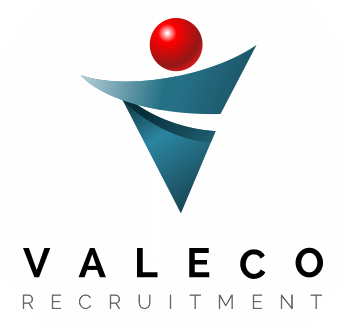Rethinking Recruitment: Why Skills-Based Hiring Is the Future of Talent Acquisition
In today’s hiring climate, many companies are facing a common — and frustrating — challenge: the talent pools just aren’t what they used to be.
Roles that would once attract dozens of qualified applicants now struggle to get the right kind of attention. And when applications do come in, hiring managers and HR professionals often find themselves filtering through CVs that simply don’t reflect the capability or potential they need.
The question is no longer “where are the people?” — it’s “are we looking for the right things?”
This is where skills-based hiring steps in.
What is Skills-Based Hiring?
At its core, skills-based hiring means shifting your focus from what’s on paper — degrees, job titles, years of experience — to what a person can actually do.
Instead of asking, “Have they done this job before?”, we ask, “Do they have the skills to succeed in this role?”
This approach might involve:
- Assessing practical abilities through tasks or scenarios.
- Interview questions that probe problem-solving and adaptability.
- Reviewing portfolios or hands-on projects.
- Creating job descriptions that focus on outcomes, not pedigree.
It’s a shift from credentials to competence.
Why Now? The Case for Change
The market has changed. Industries are evolving. Career paths are no longer linear. And the traditional pipelines we relied on — degree programs, industry-specific experience, long-term employment — don’t produce the volume or diversity of talent needed today.
Here’s the truth: great talent often doesn’t look the way it used to.
By clinging to outdated requirements, we miss out on candidates who:
- Gained skills through self-taught methods, apprenticeships, or non-traditional routes.
- Are career changers bringing fresh perspectives.
- Excel in capabilities but don’t tick all the “experience” boxes.
In a tight labour market, skills-based hiring isn’t a nice idea — it’s a strategic advantage.
The Risk of Staying the Same
Sticking to a rigid, CV-driven process can feel comfortable — it’s familiar, measurable, and “safe.” But it also comes with risks:
- Exclusion of capable candidates based on arbitrary barriers.
- Wider gaps in your talent pipeline, especially in rural or niche markets.
- Longer time-to-fill as you wait for a unicorn who matches every bullet point.
In short? You may be filtering out the very people who could thrive in your team.
How to Start a Skills-Based Approach
Making the shift doesn’t require an overnight overhaul. Here are some practical ways to get started:
✅ Revisit your job descriptions: Are they full of must-haves that aren’t actually critical? Strip back to the true core competencies.
✅ Focus interviews on scenarios: Ask candidates how they would solve real problems they’d face in the role.
✅ Rethink CV filtering: Consider removing degree requirements where possible, or supplement screening with short skills-based assessments.
✅ Collaborate with forward-thinking partners: Work with recruiters or platforms who specialise in identifying skills-first talent, not just keyword matches.
What’s the Cost of Not Changing?
Hiring processes are often slow to evolve — but the workforce is changing fast. If we don’t adapt how we assess and hire, we risk being left behind.
Skills-based hiring is more than a buzzword. It’s a reflection of how modern careers are built and how smart companies stay competitive.
So, the next time you review a CV, ask yourself:
Are we evaluating what really matters?
Because in today’s world, the best candidate for the job may not have the “right” background — but they absolutely have the right skills.



